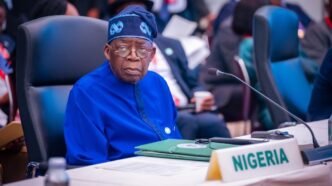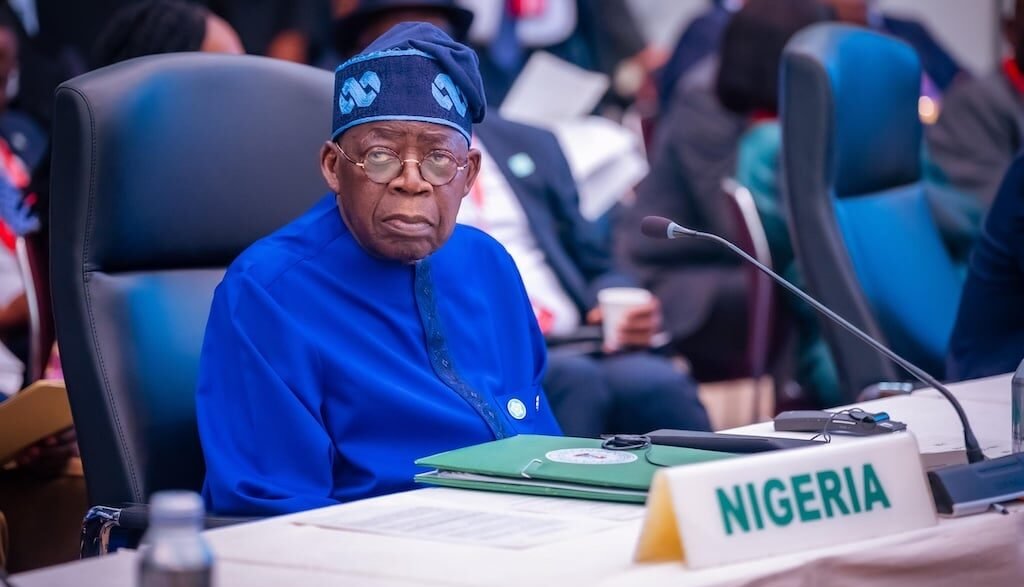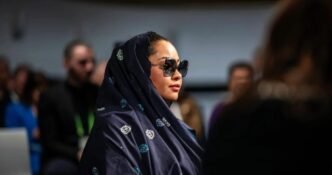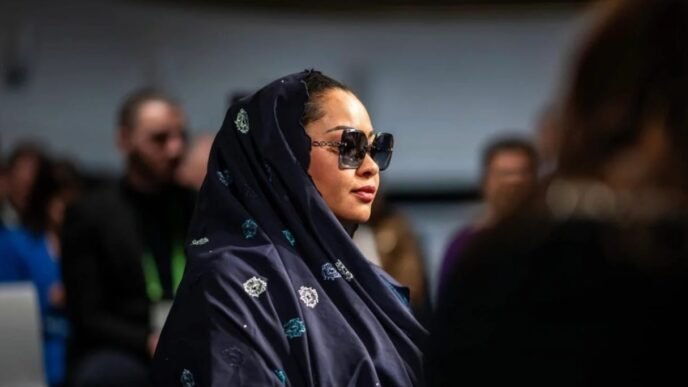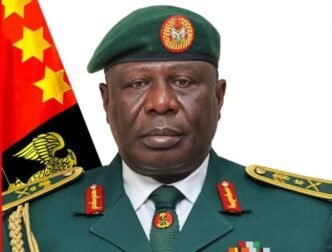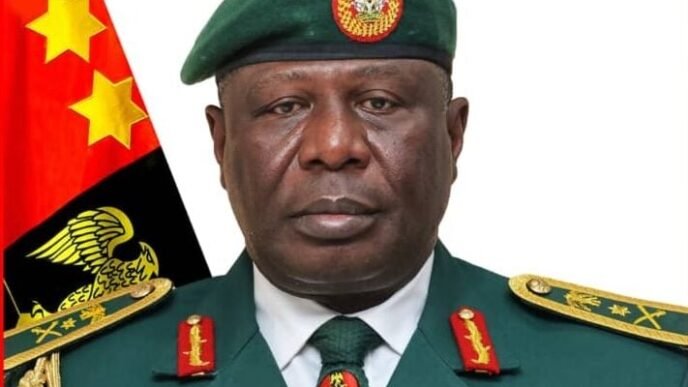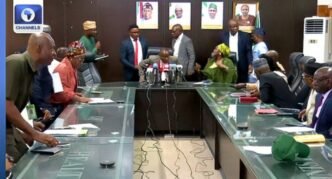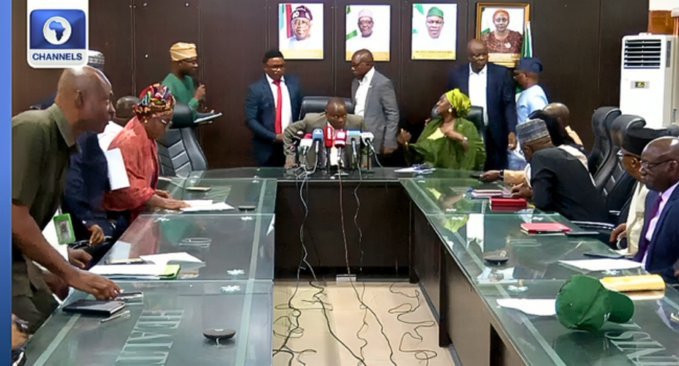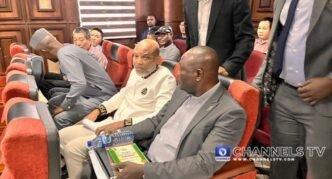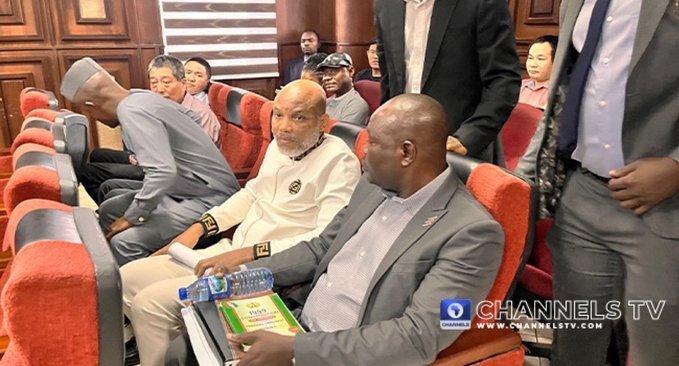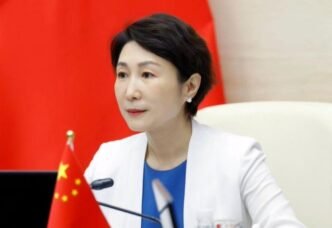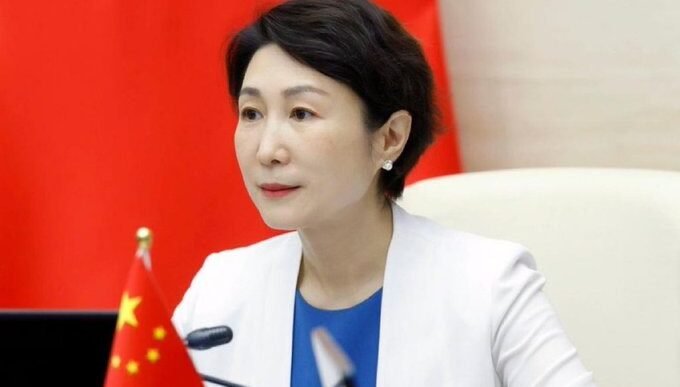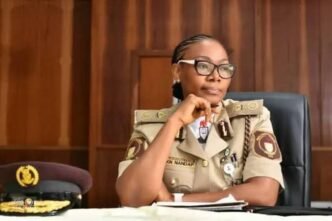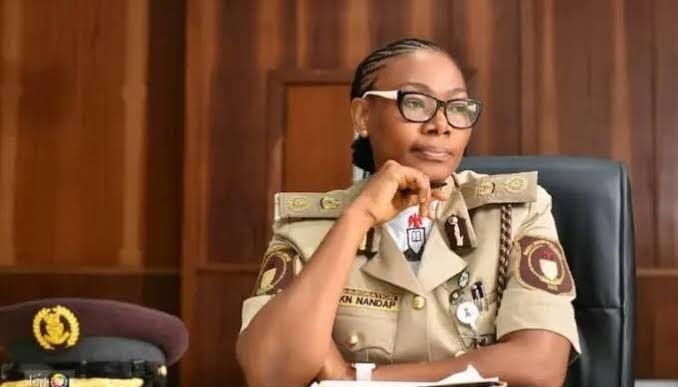President Bola Ahmed Tinubu is reportedly finalizing the long-awaited appointment of ambassadors to Nigeria’s foreign missions across the world, amid rising diplomatic unease and criticism over the country’s absence of envoys in key nations, including the United States.
According to The PUNCH, multiple senior officials within the Presidency confirmed that Tinubu has ordered what they described as a “final cleanup” of the ambassadorial list, signalling that the announcement could come within days.
The officials, who spoke on condition of anonymity because they were not authorized to brief the press, said the move is part of efforts to restore Nigeria’s diplomatic presence abroad following several months of vacancy in its foreign missions.
“It is going to be concluded very soon,” one senior Presidency source told the newspaper. “The President has asked for a final review of the list to ensure that the selections reflect both competence and balance across geopolitical zones.”
Long Delay in Ambassadorial Appointments
Since taking office in May 2023, President Tinubu has not appointed substantive ambassadors to replace those recalled by his administration in September of the same year. The mass recall affected more than 300 diplomats, including ambassadors, high commissioners, and consuls-general stationed across various countries.
The move, initially described as a routine recall, was intended to allow the President to form a new diplomatic team aligned with his foreign policy vision. However, more than a year later, many Nigerian missions remain without substantive heads, creating a vacuum in diplomatic representation that foreign affairs experts say has weakened Nigeria’s international engagement.
Several embassies and consulates are currently being managed by chargé d’affaires or senior career officers in acting capacities — a situation that some analysts argue has slowed down bilateral negotiations, trade agreements, and consular services.
Rising Pressure Over Diplomatic Gaps
The delay in appointing new ambassadors has sparked criticism from diplomats, lawmakers, and international observers, who warn that Nigeria’s absence from critical diplomatic corridors is diminishing its global influence.
Sources within the Ministry of Foreign Affairs disclosed that the ministry has received complaints from several partner nations seeking clearer communication channels with Nigeria.
“Many countries are beginning to express concern that Nigeria has no ambassadors in their capitals,” a top foreign ministry official said. “It affects our ability to engage on trade, defense, migration, and security matters effectively.”
The situation has become particularly sensitive as tensions grow between Nigeria and the United States over allegations of religious persecution and the handling of attacks on Christian communities — claims that have drawn international attention and recent comments from former U.S. President Donald Trump.
Diplomatic Tensions with the United States
Nigeria’s foreign policy establishment has been on alert following remarks by former President Donald Trump, who accused the Tinubu administration of ignoring attacks on Christians. Trump’s statements, which went viral online, triggered a wave of reactions from Washington and Abuja alike.
In response, Presidential Adviser on Policy Communication, Daniel Bwala, confirmed that President Tinubu plans to meet with Trump in the coming days to discuss “counterterrorism cooperation and the allegations of Christian genocide.”
While officials insist the meeting aims to de-escalate tensions, diplomatic sources say Nigeria’s lack of a substantive ambassador in Washington has complicated back-channel communications and limited Abuja’s ability to shape the narrative swiftly.
“It’s unfortunate that at a time when the relationship with Washington needs careful diplomacy, Nigeria doesn’t have a confirmed ambassador in the U.S.,” a retired foreign service officer told reporters. “That kind of vacuum affects both perception and policy.”
Final Review Underway
Presidency insiders told journalists that the final list of ambassadorial nominees includes both career diplomats and political appointees, reflecting what the administration calls a “balanced representation” of expertise and political inclusion.
The vetting process, according to one source, involves multiple layers of security clearance and geopolitical considerations. The Office of the Secretary to the Government of the Federation (SGF) and the National Intelligence Agency (NIA) are reportedly collaborating to ensure nominees meet professional and ethical standards.
“The cleanup is not just about politics,” another senior official explained. “The President wants to avoid controversies that have surrounded past appointments, especially issues of competence and regional imbalance.”
Once the list is finalized, it will be transmitted to the Senate for screening and confirmation in line with constitutional provisions.
Stakeholders React
Diplomatic experts and foreign policy analysts have welcomed the move but urged the Tinubu administration to prioritize experience and professionalism over political loyalty in selecting Nigeria’s new envoys.
A former Nigerian ambassador to Ethiopia, Ambassador Okey Emuchay, said the prolonged delay in appointing envoys has hurt Nigeria’s visibility in multilateral engagements.
“For months, Nigeria has been largely absent at key diplomatic forums. That should not continue for a country of our size and influence,” Emuchay stated. “The new appointments must be based on merit to restore Nigeria’s voice in global affairs.”
Similarly, the Nigerian Institute of International Affairs (NIIA) emphasized that competent ambassadors are crucial for executing Nigeria’s economic diplomacy agenda and protecting the interests of Nigerians abroad.
“Our missions abroad play vital roles in promoting trade, investment, and diaspora engagement. Leaving them headless for long periods undermines our national objectives,” said Dr. Uche Okorie, a senior research fellow at NIIA.
Broader Foreign Policy Context
President Tinubu’s administration has outlined an ambitious foreign policy renewal agenda aimed at repositioning Nigeria as a major player in Africa and on the global stage. The plan focuses on economic diplomacy, regional security cooperation, and partnerships that attract foreign investment.
However, observers say achieving these objectives requires a strong network of ambassadors who can effectively represent Nigeria’s interests. With global challenges such as energy transition, migration, and terrorism dominating international discourse, Nigeria’s absence from critical diplomatic posts could have long-term implications.
Next Steps
According to Presidency insiders, the list of ambassadorial nominees is expected to be presented to the Senate before the end of November 2025 for confirmation hearings. If approved, the new ambassadors could assume duty early in 2026.
Officials say priority will be given to postings in key countries such as the United States, United Kingdom, China, France, and Saudi Arabia, as well as Nigeria’s missions to the African Union, the United Nations, and ECOWAS.
“The President wants his ambassadors to be proactive, visible, and aligned with his Renewed Hope foreign policy,” a source said. “These appointments will mark the beginning of a new phase in Nigeria’s global engagement.”
Conclusion
President Bola Tinubu’s imminent appointment of new ambassadors represents a critical step in restoring Nigeria’s diplomatic presence and strengthening its global relationships—particularly at a time of heightened international scrutiny.
As tensions with Washington and other foreign partners persist, the administration faces growing pressure to appoint capable envoys who can rebuild trust, advance Nigeria’s interests, and ensure that Africa’s most populous nation reclaims its rightful place on the world stage.
With the final review of nominees underway, all eyes are now on the Presidency and the Senate to complete the process that will determine the new faces of Nigeria’s diplomacy in the coming years.

